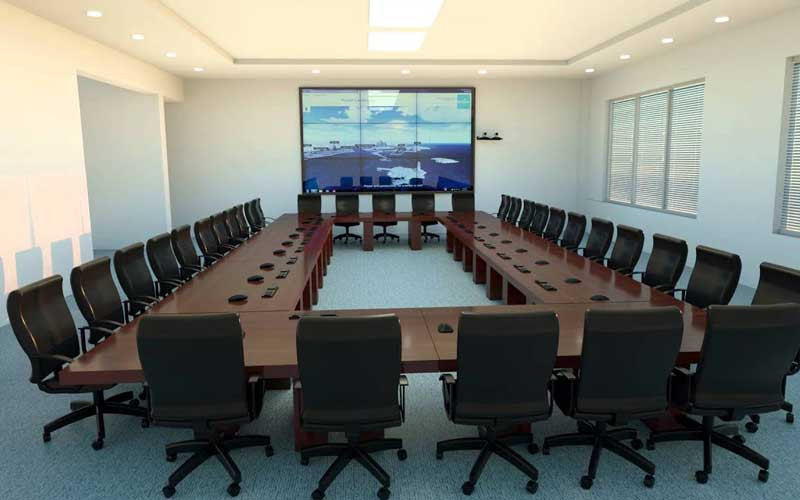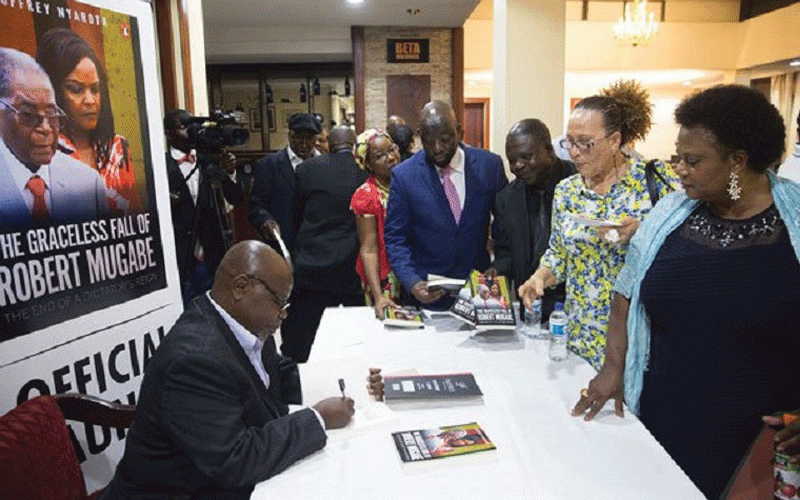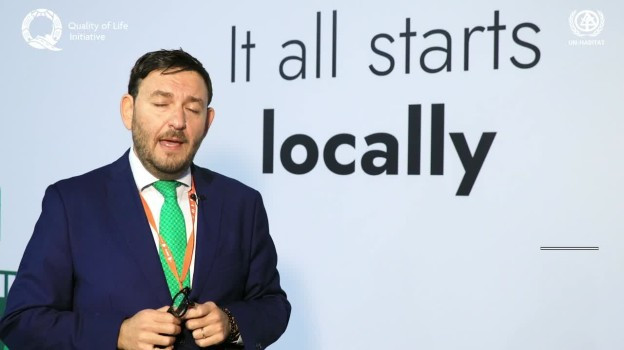
AS I write this article I am also glancing at my watch because I have a meeting very soon. Many people can relate to this. I read on Bloomberg that certain big companies that they looked at, lose over $100 million to useless meetings. They go on further to state that employees do not need to be in a third of the meetings that they attend. These are interesting statistics which I believe might be representative of the wider market, including our own local organisations.
The debate around meetings is one that is unlikely to end any time soon, perhaps because they can be both useful and a complete waste of time. I have come across complaints that go a step further and say that some meetings will literally sap energy and essentially hurt productivity for the rest of the day. I suppose these are the ones where difficult conversations are had, or perhaps there are a few toxic individuals who go on to ruin the meeting and the rest of the day for everyone else.
I have had my fair share of meetings, especially with the advent of Covid-19 which accelerated the adoption of online meetings. Nowadays it is easy to have back-to-back meetings, as long as they are virtual. One can literally squeeze in up to five or more meetings in a day, as through a click one can seamlessly transition from one meeting to another. These can be local and international meetings, which is a great thing, but must be managed carefully. As I dissect this issue,
I will try to avoid my personal preferences which I believe are tainted by my own character traits but merely try to give an objective analysis and open up further debate. There is no way I will come up with the panacea, but after some healthy debate on email and social media I believe there can be a bit of clarity on the work versus meetings debate.
Building on the phrase work versus meetings, one could argue that meetings are actually work hence, there is no conflict to begin with. The Harvard Business Review published an article around this titled, “Stop the Meeting Madness”. Judging from the title alone, the author clearly has stronger views than I do. Reading from other writers and judging from sentiment from various discussion platforms, the general consensus seems to be that meetings are not work but they rather disturb the real work. I do not agree entirely because I think they are necessary particularly in this VUCAH world we are now operating in, whether it is locally in Zimbabwe with our own unique challenges or globally where the landscape is equally tough albeit with what I imagine to be a different set of challenges. As much as they are necessary, meetings need to be carefully managed lest they become counterproductive.
A few guidelines include:
Setting, sticking to a clear agenda
This seems obvious but it is important to have a clear and focused agenda. The chairperson must ensure that they run a tight ship. This does not then mean stifling discussion but long winding discussions must be curtailed. The chair needs to develop a knack for picking the underlying point and taking back the floor to avoid a situation where members start to waste time over-elaborating.
- Mavhunga puts DeMbare into Chibuku quarterfinals
- Bulls to charge into Zimbabwe gold stocks
- Ndiraya concerned as goals dry up
- Letters: How solar power is transforming African farms
Keep Reading
Timing of meetings
The time of the day in which certain meetings are held is vitally important. Another key consideration is the day of the week, particularly if these are recurring meetings. An example is the debate around whether weekly meetings be held on Mondays or Tuesdays as well as mornings or afternoons. The jury is still out on this one, but I would recommend that an organisation selects what works best for the team and their unique circumstances.
Factors to consider could be what others could perceive to be simple but would be significant, like the need to accommodate a team member who has recently had a baby or the need to travel on certain days and so on. This will allow members to give their all when they do come for the meetings and more importantly afterwards.
Length of meetings
Short meetings are my personal favourite. Meetings that drag on can be draining and concentration starts to dwindle after a while. However, I have sat in meetings that lasted several hours but members continued to be engaged, partly because it was a new team being set up and going through the settling phase. After a while though, meetings must be short and to the point. The agenda I mentioned earlier will guide so as to ensure that the key factors are covered within a short period of time.
Punctuality
Related to the length of meetings is the starting time. As they say, 15 minutes early is on time, on time is late and late is unacceptable! I am not sure where the saying originated from, but I came across it from colleagues at the World Bank Group. This is important for both physical and virtual meetings, although I would suggest joining an online meeting 5 minutes before the starting time.
I have not exhausted these thoughts, but just gave a few of the top considerations that came to mind. Before I conclude I would like to touch on a few items that I think should be standing agenda items that are allowed a few minutes in operational meetings. These are:
Problems/challenges
Team members should be allowed the opportunity to highlight what they are struggling with so that their colleagues can provide input in good time. A stitch in time saves nine, as the old adage goes. Oftentimes, problems are brought to the fore when they are already out of hand and require more effort to resolve. Very few problems will be genuinely novel, so a fellow team member may have experience which can help resolve the issue.
Innovation
Currently, it is crucial that organisations find ways of continuously improving. The innovative ideas that are always simmering on the shop floor need to be picked up so ensure that the organisation benefits. A deliberate approach is required so that no ideas are lost. Without a clear structure employees may fear or struggle with bringing forward their thoughts. This item should be carried through even to executive meetings where heads should report on what their teams are thinking.
Opportunities
Closely related to innovation would be an item on new opportunities for the organisation to jump onto. The first mover always reaps the most whenever an opportunity presents itself. Again, it could be an unlikely person who has the insights, so a conducive environment is required to encourage coming forward with thoughts through the formal meetings.
Conclusion
In closing, I must reiterate the importance of meetings especially given how volatile the operating environment is, both locally and globally. However, these need to be managed correctly to avoid a situation where they become excessive and/or counterproductive. Having too many meetings can also hurt one's output. In addition, not all meetings have to be formal. One of the leaders I have worked with had an idea around having an informal lunch with the entire team every few weeks, as this would allow for the discussion of issues that otherwise would not be raised in a formal meeting.
- Mavengere is the technical director at the Institute of Chartered Accountants of Zimbabwe (Icaz), which is the largest and longest standing PAO in Zimbabwe, having been established on 11 January 1918, and is a body corporate incorporated under the Chartered Accountants Act [Chapter 27:02]. Icaz provides leadership on the development, promotion, and improvement of the accountancy profession focusing in the areas of accounting education, assurance, good governance practices and leadership and organisational excellence. — [email protected] or twitter: @OwenMavengere.











